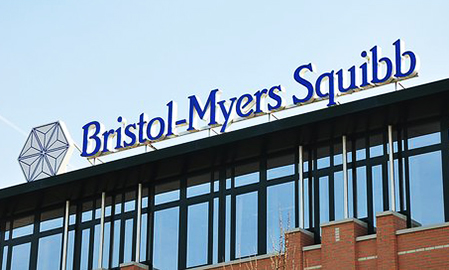Opdivo, a PD-1 inhibitor—and one of a host of touted new oncology drugs—debuted in Japan this week. Its $143,000 price tag has the WSJ wondering if it’s a sign of things to come in the US and Europe. The paper states that prices for patented, brand-name drugs are typically 18% lower in Japan than in the US, which could set off another price fervor not unlike the recent spat between the Senate Finance Committee and Gilead over the drugmaker’s HCV cure, Sovaldi. Bristol-Myers Squibb is set to market Opdivo (nivolumab) here in the US and plans to apply for regulatory approval later this month.
Pushback against Zogenix’s Zohydro has refused to die down. A handful of governors from New England have beseeched the US Department of Health and Human Services to take the painkiller off the market, citing an opioid addiction epidemic. The governors of Vermont, Massachusetts, New Hampshire and Rhode Island wrote that “easily abused and highly addictive painkillers such as Zohydro ER…will only contribute to the current epidemic of prescription drug abuse.”
Healthcare spending is going to crawl upwards over the next decade. Reuters reports that the Centers for Medicare and Medicaid Services anticipates that a slow economic recovery and increased cost-sharing among private insurance plans will push the average annual healthcare spend up by around 5.7% between 2013 and 2023. Last year, CMS expected spending to rise 5.8% when it projected spending between 2012 and 2022. Both rates are far behind the 7.2% average annual increase the US had between 1990 and 2008.
The FDA is not a fan of testosterone drugs. MedicalXpress reports that the regulator says the drugs do little to help the men who take them. The FDA has also questioned whether lower testosterone levels cause age-related problems such as lower energy or reduced muscle tone. The regulator added a black-box warning to “low-T treatments” in June.
Johnson & Johnson is accelerating development of its Ebola vaccine. The drugmaker announced Thursday that its Janssen subsidiary and the Danish biotech firm Bavarian Nordic are pushing forward with an experimental prime-boost regimen, a two-part vaccine that includes a primer and an immune-boosting component. The National Institutes of Health has kicked in some money to provide some additional fuel. The NIH has also funneled a multi-million dollar grant to Mapp Biopharma for development of its experimental ZMapp treatment, and GlaxoSmithKline has started testing its experimental drug in humans. The virus has now killed around 1,900 people. Bloomberg notes that the death toll is so great it has surpassed the 1,590 the virus has killed in the last 40 years. The World Health Organization said Wednesday a second Ebola cluster in Nigeria has made it wary. The New York Times reports that one of Nigeria’s three victims was a doctor who socialized after becoming infected. He died five days later, and the WHO thinks he may have put around 200 people at risk for infection.







